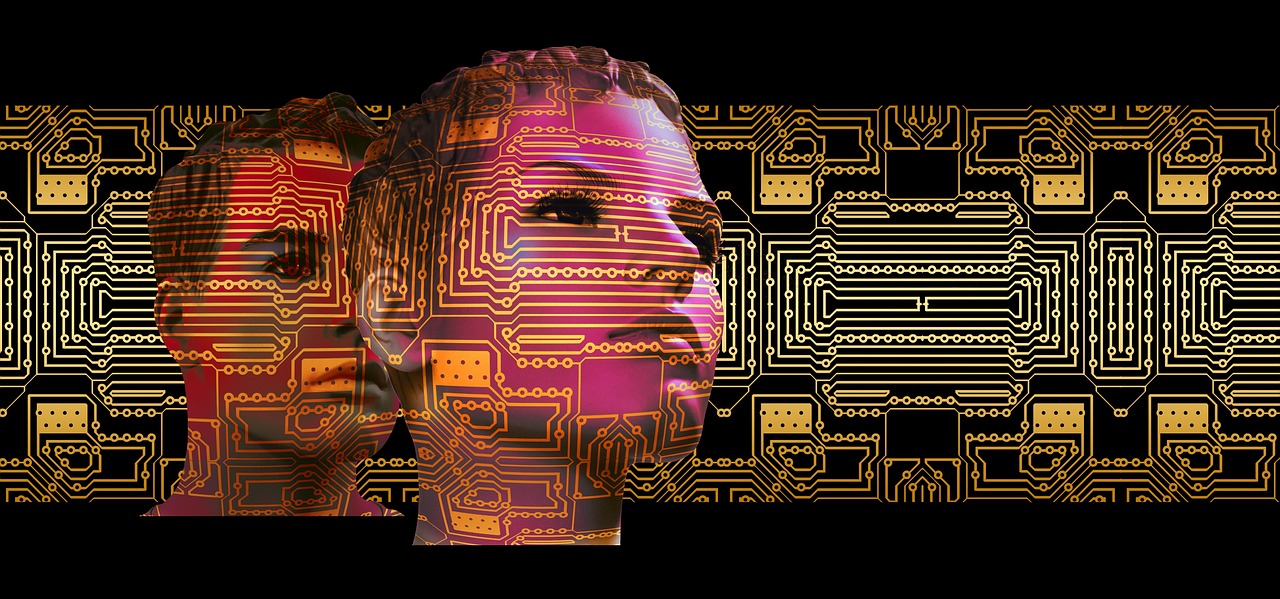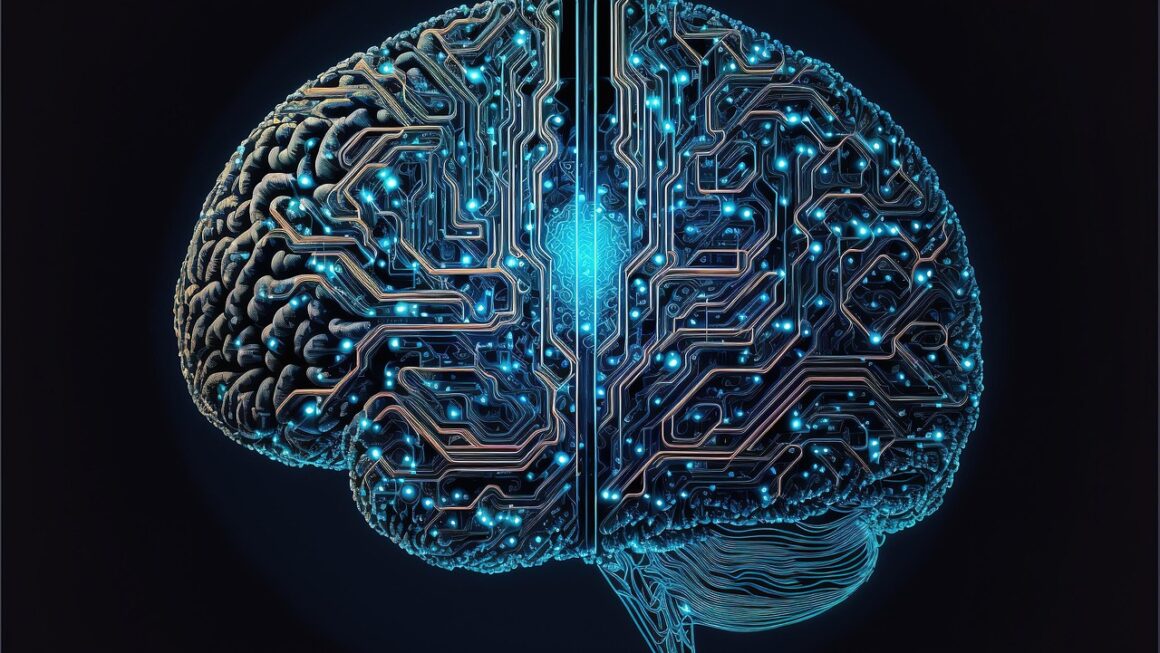The convergence of artificial intelligence (AI) and healthcare is rapidly transforming the medical landscape, offering unprecedented opportunities for improving patient outcomes, streamlining operations, and driving down costs. From diagnostics and drug discovery to personalized treatment plans and robotic surgery, AI’s potential to revolutionize how healthcare is delivered is immense. This article delves into the various applications of AI in healthcare, examining its benefits, challenges, and future implications.
AI-Powered Diagnostics and Imaging
Enhanced Accuracy and Speed
AI is making significant strides in medical imaging analysis. Machine learning algorithms can be trained on vast datasets of medical images (X-rays, CT scans, MRIs) to identify subtle anomalies and patterns that might be missed by human radiologists.
- Example: AI-powered software can detect early signs of lung cancer from CT scans with greater accuracy and speed than traditional methods, leading to earlier diagnosis and improved survival rates.
- Benefit: Faster and more accurate diagnoses, potentially leading to earlier treatment interventions.
Reducing Radiologist Workload
The increasing volume of medical images generated daily puts a strain on radiologists. AI tools can help prioritize cases, flag suspicious images for immediate review, and automate routine tasks, freeing up radiologists to focus on more complex cases.
- Statistic: AI-powered diagnostic tools can reduce the workload of radiologists by up to 30%, according to some studies.
- Actionable Takeaway: Hospitals and clinics can implement AI-based imaging analysis software to improve efficiency and reduce radiologist burnout.
Personalized Imaging Protocols
AI can analyze patient data (medical history, genetic information, etc.) to tailor imaging protocols to individual needs. This personalized approach can reduce radiation exposure, minimize unnecessary imaging, and optimize image quality for specific diagnostic purposes.
- Example: AI can determine the optimal contrast agent dose and imaging parameters for a specific patient undergoing a CT scan, minimizing radiation exposure while ensuring high-quality images.
AI in Drug Discovery and Development
Accelerating the Drug Pipeline
Traditionally, drug discovery is a lengthy and expensive process. AI can accelerate this process by analyzing vast amounts of biological and chemical data to identify promising drug candidates, predict their efficacy and safety, and optimize their molecular structures.
- Benefit: Faster identification of potential drug candidates and reduced development costs.
- Example: AI algorithms are being used to identify existing drugs that can be repurposed for new indications, significantly shortening the time required to bring new treatments to market.
Personalized Medicine and Drug Response Prediction
AI can analyze individual patient characteristics (genetics, lifestyle, medical history) to predict their response to specific drugs. This enables personalized medicine, where treatments are tailored to the individual patient’s needs, maximizing efficacy and minimizing side effects.
- Actionable Takeaway: Researchers and pharmaceutical companies can leverage AI to identify patient subgroups that are most likely to benefit from specific drugs, leading to more effective clinical trials and personalized treatment strategies.
- Example: AI-powered tools can predict which patients with a particular type of cancer are most likely to respond to immunotherapy, helping clinicians make more informed treatment decisions.
Clinical Trial Optimization
AI can optimize clinical trial design by identifying ideal patient populations, predicting trial outcomes, and monitoring patient compliance. This can improve the efficiency and effectiveness of clinical trials, reducing the time and cost required to bring new drugs to market.
- Feature: AI can analyze patient data to identify individuals who meet the eligibility criteria for a clinical trial, accelerating the recruitment process.
AI-Driven Patient Care and Management
Remote Patient Monitoring
AI-powered wearable devices and sensors can continuously monitor patients’ vital signs and health parameters remotely. This enables early detection of health problems, personalized interventions, and improved management of chronic conditions.
- Benefit: Proactive healthcare management and reduced hospital readmissions.
- Example: AI algorithms can analyze data from wearable heart rate monitors to detect irregular heart rhythms and alert patients and their healthcare providers.
Chatbots and Virtual Assistants
AI-powered chatbots and virtual assistants can provide patients with 24/7 access to health information, appointment scheduling, medication reminders, and other essential services. This can improve patient engagement, reduce the burden on healthcare providers, and improve access to care.
- Actionable Takeaway: Healthcare organizations can implement AI-powered chatbots to handle routine patient inquiries and provide basic healthcare advice, freeing up staff to focus on more complex tasks.
- Example: A chatbot can answer common questions about medication side effects and provide guidance on managing symptoms.
Predictive Analytics for Healthcare Resource Allocation
AI can analyze historical data to predict patient volume, resource needs, and potential outbreaks of infectious diseases. This enables healthcare organizations to optimize resource allocation, improve staffing levels, and prepare for emergencies.
- Statistic: Predictive analytics powered by AI can improve hospital bed utilization by up to 15%, according to some estimates.
Robotic Surgery and Assistance
Enhanced Precision and Minimally Invasive Procedures
Robotic surgery systems, guided by AI, offer surgeons enhanced precision, dexterity, and control. This allows for minimally invasive procedures, resulting in smaller incisions, reduced pain, and faster recovery times.
- Benefit: Reduced trauma, faster recovery, and improved surgical outcomes.
- Example: AI-powered robotic surgery can be used to perform complex procedures such as prostatectomies and hysterectomies with greater precision and fewer complications.
Surgical Planning and Navigation
AI can analyze medical images to create 3D models of the patient’s anatomy, allowing surgeons to plan procedures in advance and navigate complex anatomical structures with greater accuracy.
- Actionable Takeaway: Surgeons can use AI-powered surgical planning software to simulate procedures and identify potential risks before entering the operating room.
Assistance During Surgery
AI algorithms can analyze real-time data from surgical instruments and sensors to provide surgeons with guidance and assistance during procedures, improving safety and efficiency.
- Example: AI can analyze video feeds from endoscopic cameras to identify anatomical landmarks and provide surgeons with real-time feedback.
Conclusion
AI is poised to revolutionize healthcare across a wide range of applications, from diagnostics and drug discovery to patient care and surgery. While challenges such as data privacy, algorithmic bias, and regulatory hurdles remain, the potential benefits of AI in healthcare are undeniable. By embracing AI and investing in its development, the healthcare industry can unlock new possibilities for improving patient outcomes, enhancing efficiency, and driving innovation. The future of healthcare is undoubtedly intertwined with the continued advancement and integration of artificial intelligence.
Read our previous article: Stakings Evolving Landscape: Risks, Rewards, And Regulatory Ripples.




